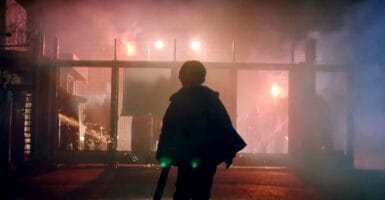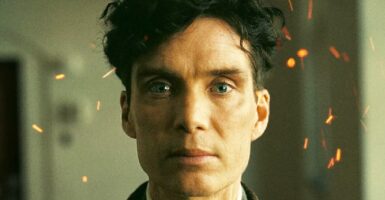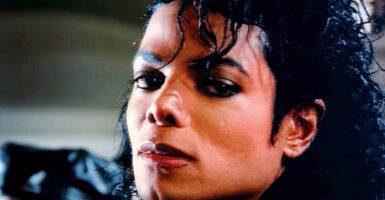The Stock Market Drama On Netflix To Watch Before You See Dumb Money
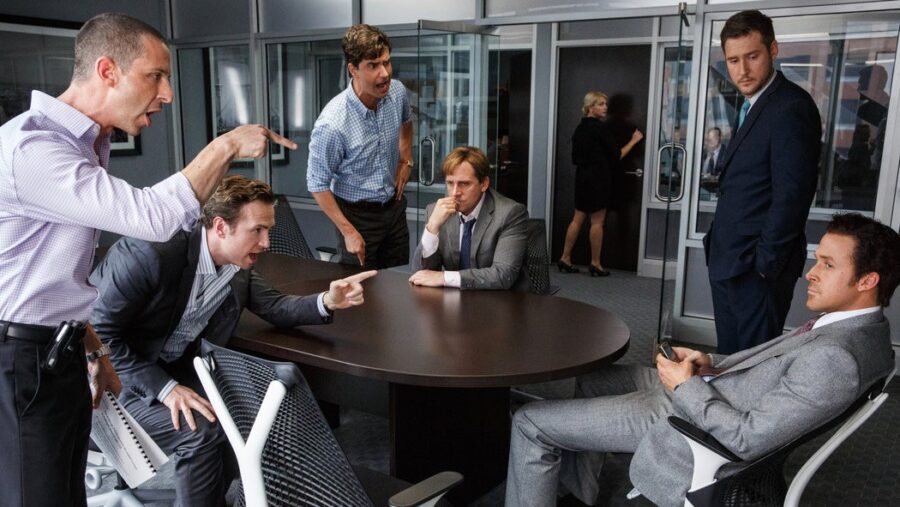
Dumb Money, a movie on the famous GameStop short squeeze, was released a few weeks back, gaining generally favorable reviews among both the critics and the audiences. However, as the financial comedy-drama continues to capture the fascination of viewers worldwide, it’s worth mentioning yet another exceptional film that dived deep into the intriguing world of finance and Wall Street—of course, we’re talking about 2015’s The Big Short, starring Christian Bale.
Adam McKay’s The Big Short, released in 2015, is a film based on Micheal Lewis’s non-fiction book of the same name, which took the readership through the 2008 financial crisis. The cinematic adaptation takes the viewers through multiple loosely interwoven narratives, following a group of eccentric finance experts, Michael Burry, Mark Baum, and Jared Vennett—portrayed by Christian Bale, Steve Carell, and Ryan Gosling, respectively—who foresaw the housing market’s impending collapse, and decided to bet against it.
The Big Short does a wonderful job of exploring the complexities of the financial industry, as well as its inherent corruption and the moral dilemmas faced by the very people who recognized the impending crisis and decided to profit from it—or at least not lose.
The individual narratives, as well as the overall plot of The Big Short, are driven by the aforementioned real-life characters who actually played pivotal roles in the financial crisis. Micheal Burry, a hedge fund manager, was the first to recognize the housing bubble and the first to bet against it.
Mark Baum, yet another hedge fund manager, was driven by his low regard for banks’ ethics and business models to bet against the impending disaster, and Jared Vennett, a Deutsche Bank trader, and a small group of young investors also caught wind of the housing market’s instability.
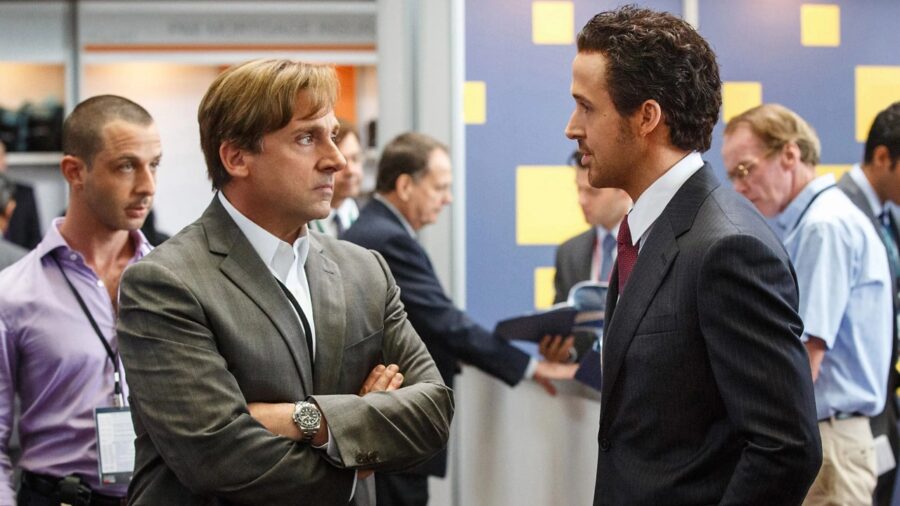
We won’t reveal any more details about the epilogue of The Big Short to avoid spoilers, but we’ll say that the personnel of the banks responsible for the crisis have escaped the consequences of their action.
Each coin has two sides, and while The Big Short centers on hedge fund managers and bankers who profited from the crisis while the rest of the population struggled, Dumb Money drew its inspiration from the other side of that coin.
The movie does a wonderful job of exploring the complexities of the financial industry, as well as its inherent corruption and the moral dilemmas faced by the very people who recognized the impending crisis and decided to profit from it—or at least not lose. It also does a very good job of criticizing the idea of large-scale financial misconduct.
Those who steal thousands are often perceived as thieves, while those who steal millions are regarded as businessmen. This social critique, which arguably lies at the center of The Big Short, is often used to describe how white-collar crimes often receive less severe consequences than more petty thefts despite the potentially greater harm done by the former. It also highlights the inequality, privilege, and the different ways our society perceives and treats various forms of wrongdoing and misconduct.
The Big Short received critical acclaim upon its release in 2015, including several awards and nominations, which include five Academy Award nominations. The movie had an overwhelmingly positive critical review, including an 89 percent rating on Rotten Tomatoes’ Tomatometer and an 88 percent audience rating based on more than 50,000 individual ratings.
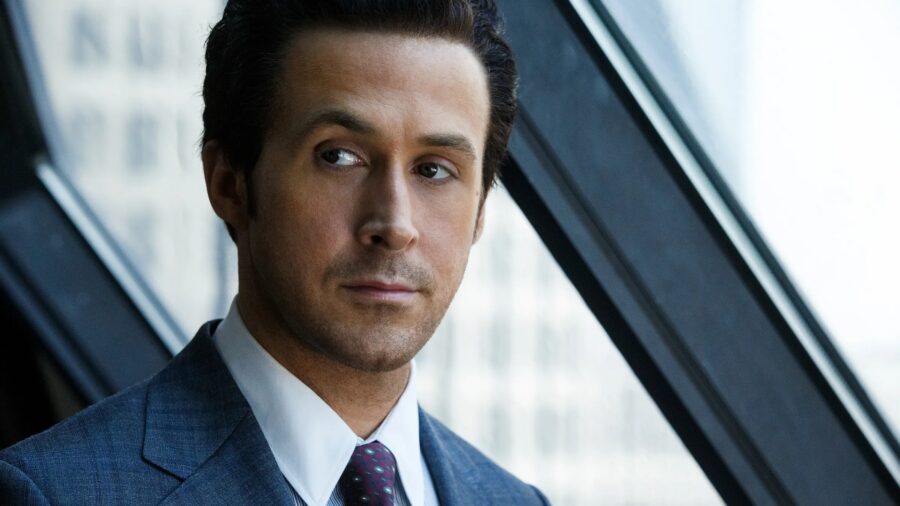
And now, the moment of truth we’ve all been waiting for, the answer to the question of how The Big Short connects to the recently released Dumb Money.
It doesn’t, at least from the in-narrative perspective. But it does connect in different ways. Each coin has two sides, and while The Big Short centers on hedge fund managers and bankers who profited from the crisis while the rest of the population struggled, Dumb Money drew its inspiration from the other side of that coin.
Namely, the movie is based on the book, The Antisocial Network, whose narrative centers on the events surrounding 2021’s GameStop short squeeze, during which an organized action from a subreddit r/WallStreetBets saw people massively buying GameStop stocks.
Just like in The Big Short, the hedge fund managers shorted GameStop’s stocks, but due to the increased buyouts, the prices of stocks began to soar, increasing up to 1,500 percent of their original value.
This made some people a lot of money, but the hedge fund managers, bankers, and stock market CEOs who shorted GameStop’s stocks lost hundreds of millions within the same timeframe. And while it’s a really good, David-vs-Goliath-type of story about underdogs beating Wall Street at its own game, we suggest hitting the pause button and watching The Big Short first.
2015’s The Big Short is currently available for streaming on Netflix.










